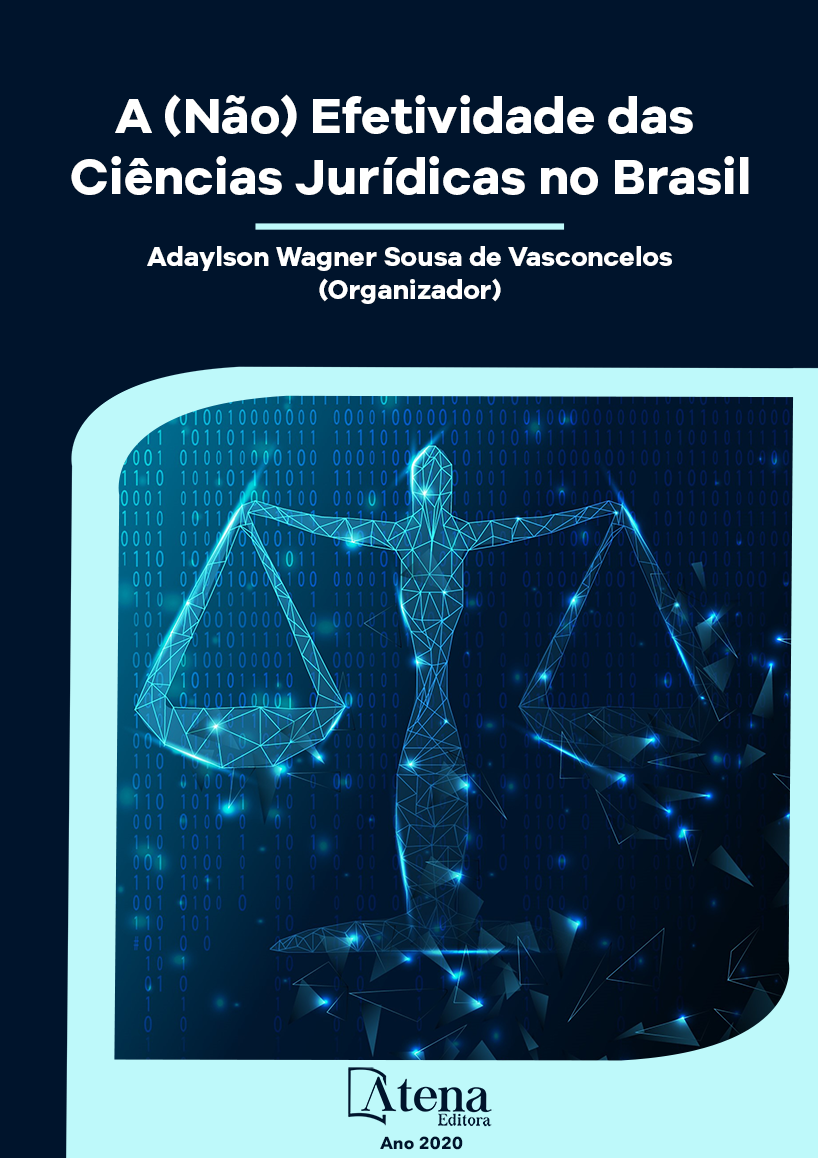
A GARANTIA DOS DIREITOS HUMANOS ATRAVÉS DE POLÍTICAS PÚBLICAS DE CIDADANIA INCLUSIVA
O presente trabalho traz uma
discussão sobre a pobreza e a marginalização,
no Brasil, como decorrentes de decisões e
medidas descabidas no âmbito social desde o
seu período colonial e, em parte, do sistema no
qual estamos inseridos. Constata-se que o Brasil
possui leis e garantias pertinentes que ainda
não são efetivadas. De tal modo, este trabalho
se propõe a verificar quais fatores fazem com
que esses direitos não sejam efetivados e suas
respectivas motivações. Trata-se de observar
alguns fatores históricos que contribuíram para
o aumento das desigualdades sociais e a não
efetivação dos Direitos Humanos. Dentre eles,
o mau planejamento na tomada de decisões
político-sociais, o efeito natural do capitalismo,
a má distribuição de renda, irregularidades e
corrupção por parte da administração pública
na aplicação de recursos da União. Serão
verificados os fatores que culminaram em graves
consequências perante a sociedade brasileira,
inclusive, a pobreza e a marginalização.
Tendo em vista as obrigações do Estado,
principalmente, que estão positivadas em nossa
Constituição e no nosso ordenamento jurídico
e, ainda, que o Brasil é signatário da Carta
Internacional dos Direitos Humanos, nota-se
a necessidade de tomarmos posição voltada
para a criação, implementação e efetivação
de ações afirmativas em forma de Políticas
Públicas de Cidadania Inclusiva pautadas nos
Direitos Humanos.
A GARANTIA DOS DIREITOS HUMANOS ATRAVÉS DE POLÍTICAS PÚBLICAS DE CIDADANIA INCLUSIVA
-
DOI: 10.22533/at.ed.6532027016
-
Palavras-chave: Cidadania Inclusiva, Políticas Públicas, Direitos Humanos.
-
Keywords: Inclusive Citizenship, Public Policies, Human Rights
-
Abstract:
This paper brings a discussion
about poverty and marginalization in Brazil as
a result of bad decisions and mistakes that
have been placed in the social sphere, since
Brazil´s colonial period and, part of it, can come
from the kind of colonization that the country
suffered. Brazil is known for having relevant
laws and guarantees that are not yet effective
in practice. Thus, this paper aims to verify which
factors make these rights ineffective and their
respective motivations. It is about observing
some historical factors that contributed to the
increase of social inequalities and the nonfulfillment
of the Human Rights in Brazil. That
includes poor planning in political and social decision-making, the natural effect of
capitalism, bad distribution of income by the existing public policies, irregularities and
corruption by the public administration in the application of ‘Union’ (State) resources.
Factors that culminated in these serious consequences will also be verified, among
Brazilian society, including poverty and marginalization. In view of the obligations of the
Union, especially, the ones which are assured in the Brazilian Constitution and in its
legal system, it also important to mention that Brazil is a signatory to the International
Charter of Human Rights, that is necessary to take a position focused on creation and
implementation of affirmative actions through Public Policies of Inclusive Citizenship
based on Human Rights.
-
Número de páginas: 15
- Luan Pereira Cordeiro


